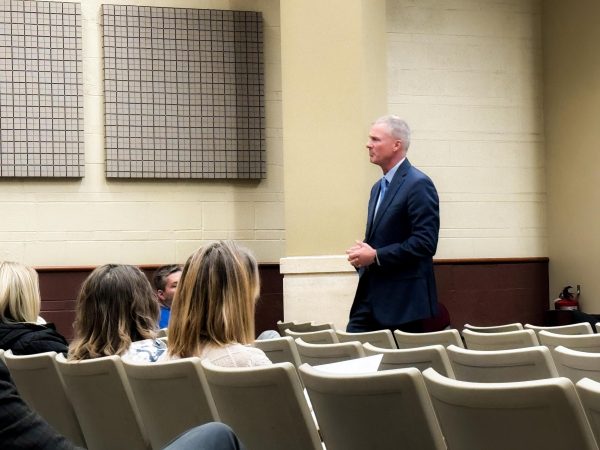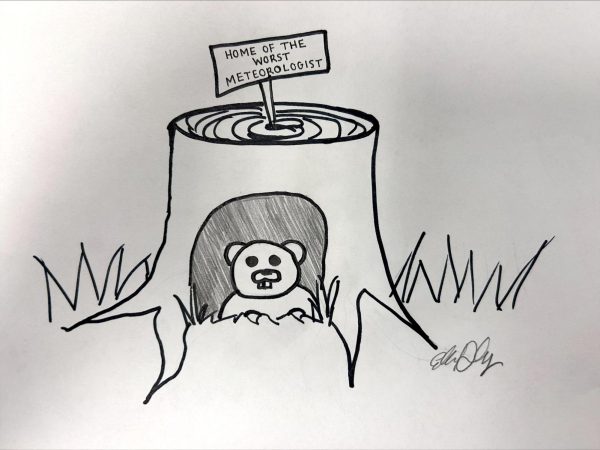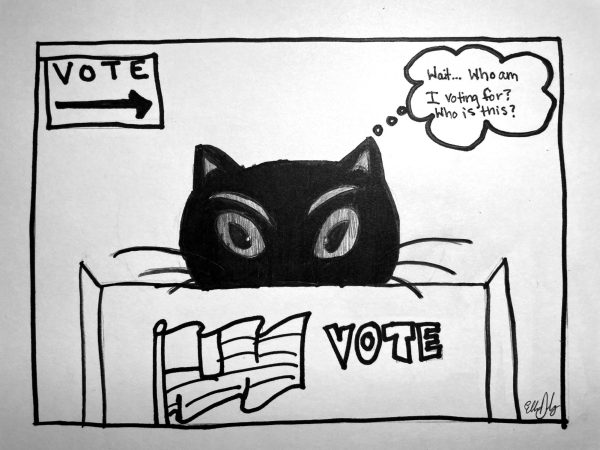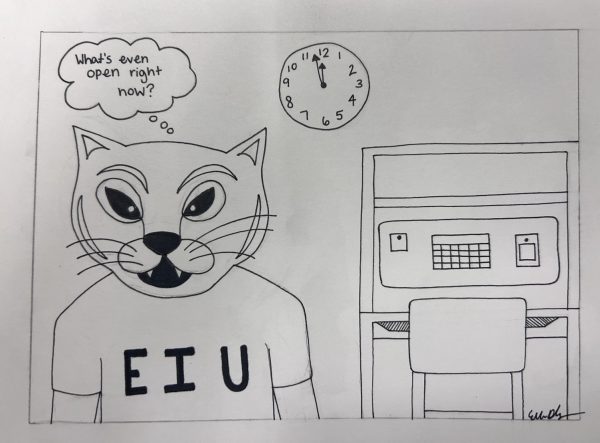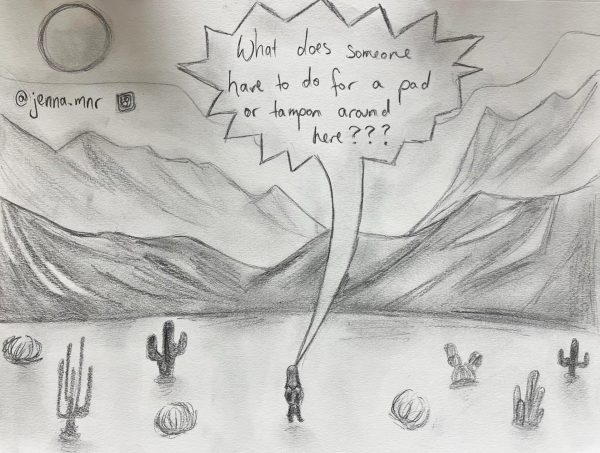Talking about sexuality is important
February 14, 2018
The main idea of A.F. Bogaert’s 2012 article “Understaing Asexuality” is to re-educate individuals to view sex and human sexuality in general as something relevant, appropriate and acceptable to talk about in academic environment to uncover the mystery of the human life.
Efforts made by scholars like Bogaert to enlighten people about the need for freedom to speak about sex is indispensable to triggering human curiosity and shedding light on closely related areas like inclusiveness of sexual minorities, gender identities, sexual orientation, intimacy, and reproduction.
Inherently, human sexuality and sex matters is frequently perceived by majority as a taboo to discuss in classrooms and various learning scenarios which in turn affect and prevent the interesting elements of sexual live and identities to be discovered.
To solidify this claim, the author reveals how aging affects the way certain people talk about sex. According to the article, this is marked by the period when most adults experience the middle-aged body then start to shift all their concern and focus to nurture their young ones.
Fortunately, in 1970, human sexuality started gaining attention since psychologists were intrigued to study sex for academic endeavors. It became more interesting as they enlighten and pose crucial reasons why the study and free expression of sexual matters is beneficial for the individual and society.
Sexuality is a major component and a dominant force in virtually everyone’s life. Therefore, it is an unavoidable topic for various individuals to reflect on in their personal lives.
In this stance, the text informs that sex talks are innately exciting and fascinating to both young and old people. The author uses the narratives of Lady Gaga, a pop music star with a hyper-sexed persona who is more sought after than prominent individuals on the internet to drive home his points on the fact that sex discourses fascinate the whole.
In a nutshell, sex is compelling to most people, therefore such interest should be used to stimulate the strong desire to inquire around human sexuality to make the world a better place.
Since sexuality is an undetachable element of human life, then the way we perceive, feel and react is affected by our sexuality. One of the primary reasons why human sexuality should be deeply investigated is because it encompasses human life and wellbeing.
The author poses that sex is not something to be ignored when making efforts to improve the world because it is a significant phenomenon that cut across social life and health issues. Therefore, talking and learning about sex helps us find solutions to problems like gender inequality, overpopulation, sexually transmitted diseases, divorce and family disruption, and child abuse.
As aforementioned, a move to give sex topics attention opens doors for a strong orientation towards human sexuality and people with marginalized sexual identities.
Given the small amount of current scientific attention of asexuality as a human orientation, the article goes on to discuss why there has been little prior research into asexuality. Conceivably, asexual individuals are invisible because they do not engage in explicit sexual activities. Explaining this stance, the author informs how sex and romance is socially constructed and used interchangeably though they operate on a whole different level. In this light, the fact that asexual do not engage in sexual activities does not mean they are not romantic.
Thus, the study of asexuality will not just create opportunities to view sexuality in a new lens, but will also enable scholars to access a wide range of topics around human sexuality.
Toluwalase Solomon is a graduate in communication studies. He can be reached at 581-2812 or [email protected].











































